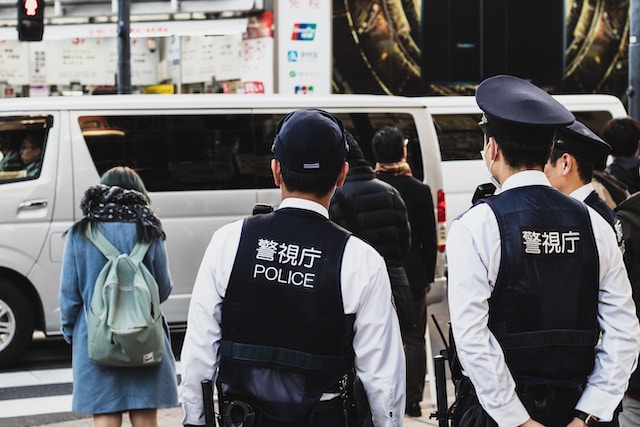South Korea has recently witnessed a significant breakthrough in the fight against corporate espionage, as law enforcement agencies have apprehended dozens of individuals involved in spying activities. The authorities’ proactive stance against corporate spying sends a strong message to wrongdoers and reinforces the country’s commitment to protecting intellectual property rights and maintaining a fair business environment. In this article, we delve into the recent arrests and explore the potential impact of this crackdown on the corporate landscape in South Korea.
The Corporate Spying Crackdown
South Korean police, acting on credible intelligence and conducting extensive investigations, have successfully arrested numerous individuals suspected of engaging in corporate spying. These arrests span a range of industries, from technology to manufacturing, reflecting the wide-reaching nature of espionage activities in the country. Law enforcement agencies have acted swiftly to dismantle these illegal operations, safeguarding businesses from intellectual property theft, unfair competition, and other detrimental consequences.
The Implications for South Korea’s Business Environment
- Protecting Intellectual Property: The crackdown on corporate spying highlights the South Korean government’s commitment to protecting intellectual property rights. By aggressively targeting and apprehending those involved in spying activities, the authorities aim to safeguard valuable innovations, inventions, and trade secrets. This increased protection can foster an environment conducive to innovation, encouraging businesses to invest in research and development without the fear of theft.
- Enhancing Fair Competition: Corporate spying can provide unfair advantages to businesses by unlawfully obtaining confidential information about competitors’ strategies, products, and technologies. By clamping down on such activities, South Korea aims to create a level playing field, ensuring fair competition among companies. This encourages businesses to compete based on merit, innovation, and customer satisfaction, rather than through unethical means.
- Strengthening Investor Confidence: A robust legal framework and stringent enforcement against corporate spying help build investor confidence in South Korea’s business environment. Investors are more likely to commit their resources and collaborate with companies operating in a country that demonstrates a proactive approach to combating economic crimes. This crackdown demonstrates South Korea’s determination to maintain a transparent and trustworthy business ecosystem.
- International Collaboration: Corporate spying is not limited by geographical boundaries, and the effects can be felt globally. South Korea’s strong stance against espionage can lead to increased international collaboration and cooperation in addressing this issue. By demonstrating its commitment to combating corporate espionage, South Korea may serve as a model for other countries in implementing effective strategies to tackle this growing concern.
Conclusion
The recent crackdown on corporate spying in South Korea represents a significant step forward in safeguarding intellectual property rights, promoting fair competition, and bolstering investor confidence. By apprehending dozens of individuals involved in illicit spying activities, the authorities have sent a clear message that such practices will not be tolerated. This proactive approach helps create a conducive environment for businesses to thrive, innovate, and attract both domestic and international investment. As South Korea continues to prioritize the protection of intellectual property, the nation strengthens its position as a global leader in technological advancements and a beacon of fair business practices.












